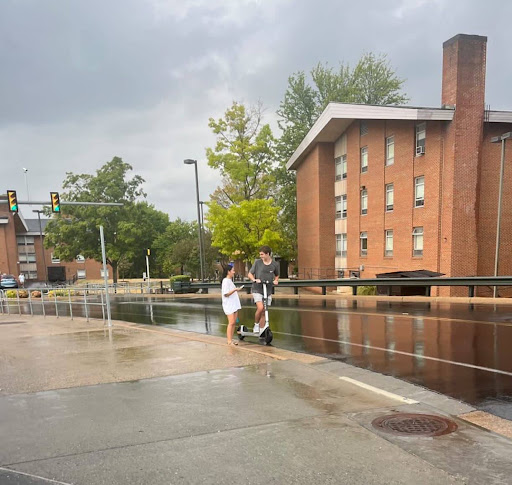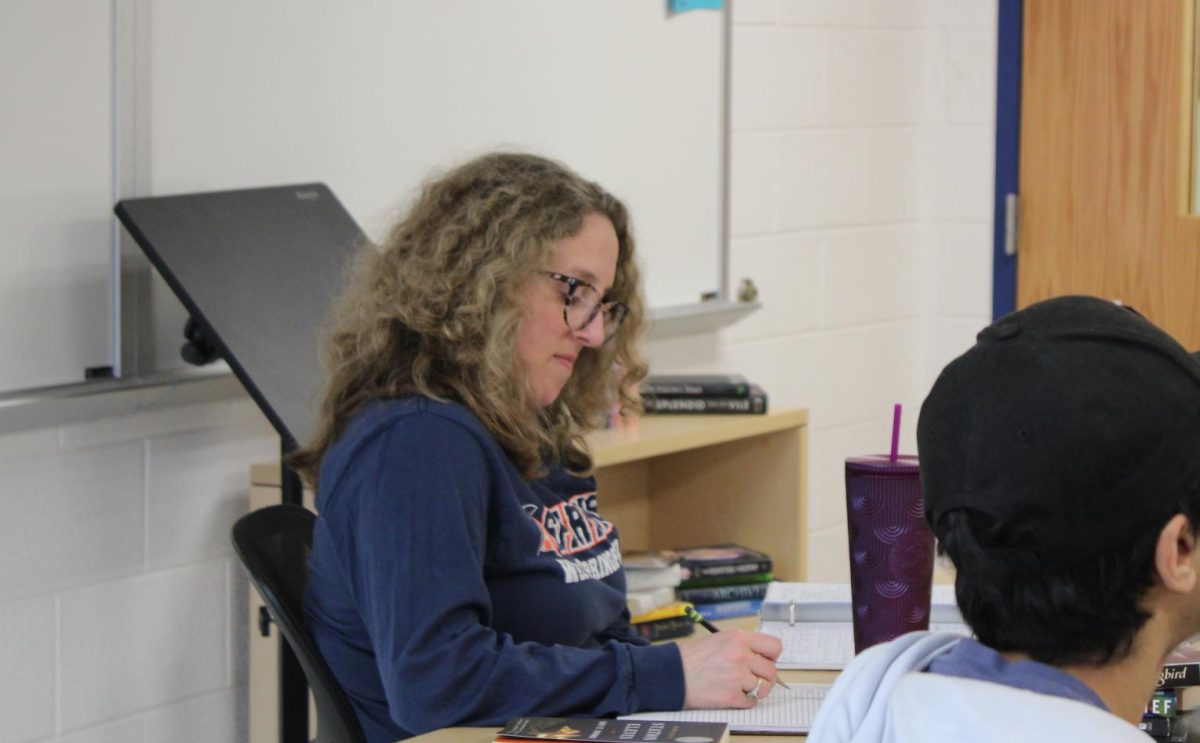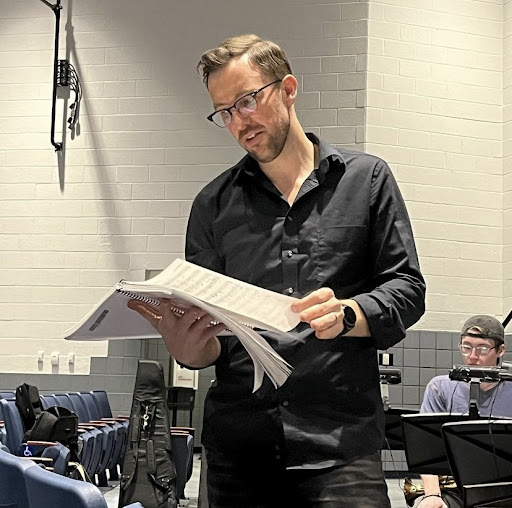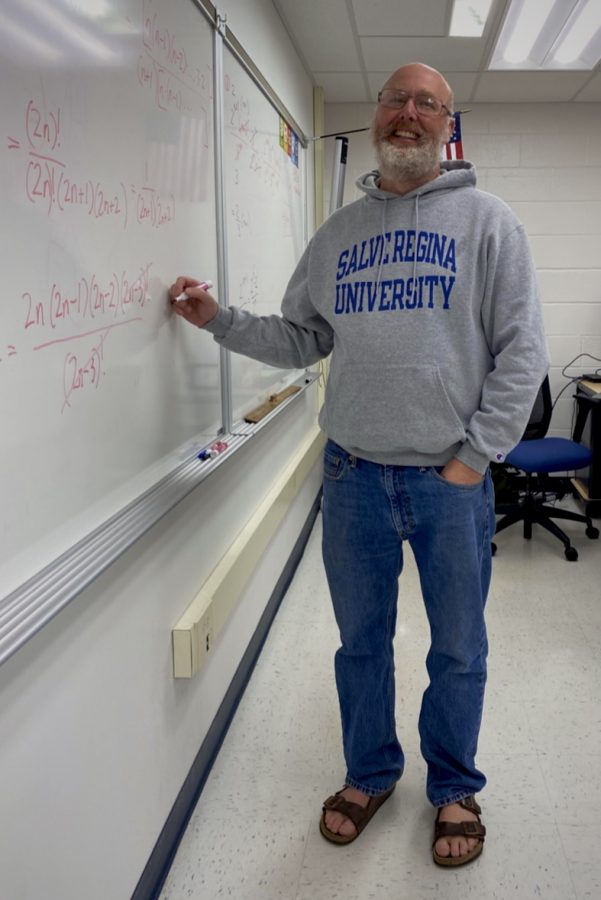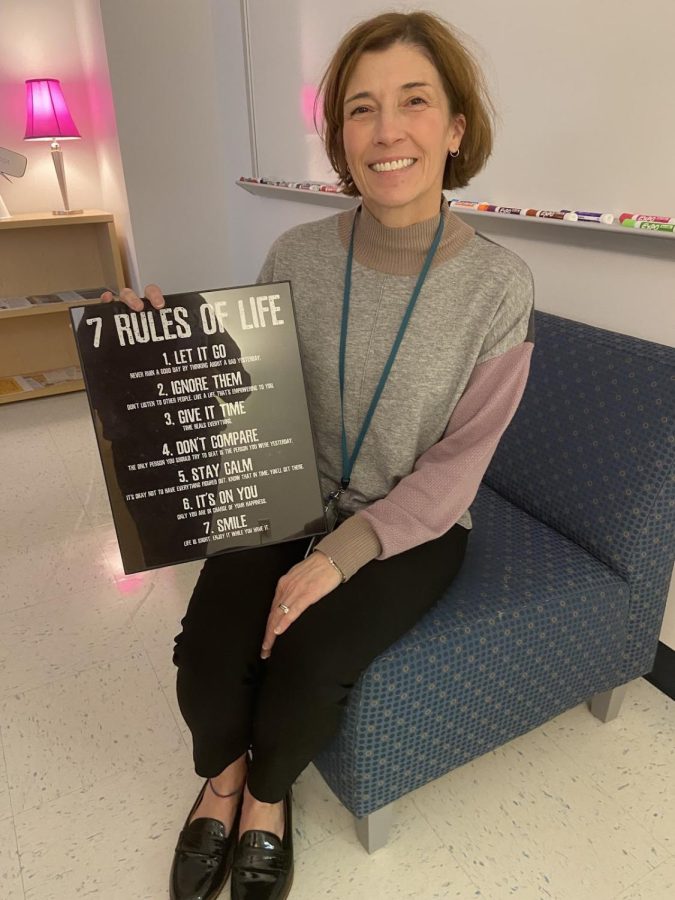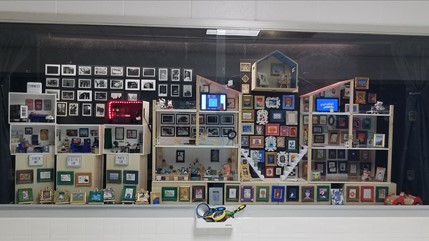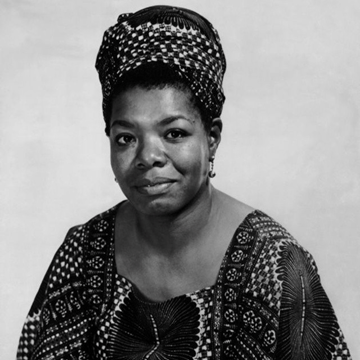For John Thorson, government teacher, the beginning of the school year did not only mark the return to WSHS but also to weekly night classes on the path to a doctorate in education.
This semester, he is taking three night classes at George Mason University. All three classes focus on the study of educator philosophy and different methods of education.
“There’s Education 800, which is called Ways of Knowing; it’s basically a philosophy class,” said Thorson. “Education 805 is a research class, affectionately named ‘Profs on Parade.’ Education 851 is teacher education.”
According to Thorson, these classes are somewhat different to those he took while on the path to a master’s degree.
“The expectations are different. There are very few assignments, but you have to read about 150 pages for each class,” said Thorson.
It is mainly this demanding reading requirement that makes taking three classes seem somewhat overwhelming.
“It is affecting my free time,” said Thorson. “I didn’t expect having to read four hundred pages. Next semester will be better.”
Some have questioned why Thorson would take time out of his life when he already has an established job.
“Well, I’ll get a raise,” he said.
He hopes that having the doctorate will open up employment opportunities in teacher education and administration. People employed in these areas include principals, assistant principals, school district administrators, all county employees who specialize in training teachers, and college professors.
A Ph.D. in education can be extremely valuable.
“I found it very helpful because the focus is on policy and research, so you have advanced training in how to interpret statistics and test scores,” said Dr. Jennifer Beach, who has her doctorate degree in English education.
Whether in the government classroom, leading a teacher workshop, or at a principal’s desk, all the hard work pays off to make the doctorate student better as an educator.
“Being in grad school while teaching makes you stay up to date with all the best practices in teaching,” said Beach.
And, at the very least, it provides a new perspective on teaching practices.
“It makes you question what you believe,” said Thorson.


